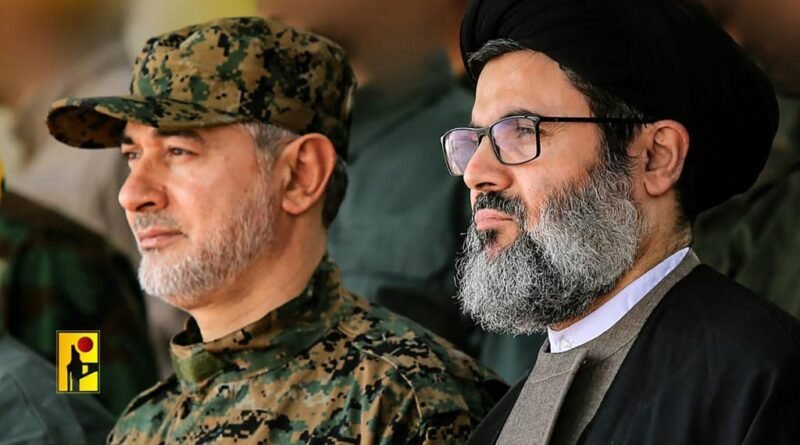Impending Israeli Ground Invasion Indicated by Anti-Hezbollah Actions

Israel is currently taking action against Hezbollah in Lebanon.
Recently, the IDF called up two additional reserve brigades and deployed them to northern Israel. Israeli Prime Minister Benjamin Netanyahu also rejected a US-led cease-fire proposal. These actions make it clear to Hezbollah leader Hassan Nasrallah that Israel is preparing for a potential ground invasion to push the Iranian-backed group north of the Litani River as stated in UN Resolution 1701.
Despite Israel’s moves, Nasrallah may be slow to recognize the situation. IDF strikes have eliminated most of Hezbollah’s top commanders, leaving Nasrallah’s second-in-command as one of the few remaining leaders.
Israel continues to target Hezbollah intelligence directorates in Lebanon, weakening the organization’s leadership further. Nasrallah may have difficulty maintaining communication with his command and control structure given the current situation.
With the recent call-up of two brigades, Israel is clearly preparing for a potential IDF ground invasion into southern Lebanon. These fresh troops serve as a demonstration of power and a warning to Hezbollah.
Hezbollah is increasingly isolated, with no significant support from Tehran since the IDF began targeting their assets in Lebanon and Syria. Despite this, Nasrallah continues to retaliate, targeting Israeli population centers with rockets and missiles.
Israel has raised the stakes, striking deeper into Lebanese territory beyond the usual limited exchanges between the IDF and Hezbollah. This escalation suggests that an IDF ground invasion into southern Lebanon may be imminent.
The IDF is setting conditions for a ground offensive, but any potential invasion will likely be a protracted operation. Lessons learned from previous conflicts inform Israel’s approach to urban warfare tactics in what could be a lengthy campaign against Hezbollah.
As reserves are mobilized, the Israeli Air Force continues to target Hezbollah assets, including leadership and infrastructure. The eventual ground invasion will likely involve artillery strikes, drone attacks, and direct-fire weapon systems to weaken Hezbollah’s defensive positions prior to engagement.
The message to Hezbollah is clear: the IDF is coming. When the assault begins, it will be too late for them to respond effectively. Nasrallah’s options are limited to surrender or retreat behind the UN-mandated Litani River line.
Mark Toth writes on national security and foreign policy. Col. (Ret.) Jonathan Sweet served 30 years as a military intelligence officer.



